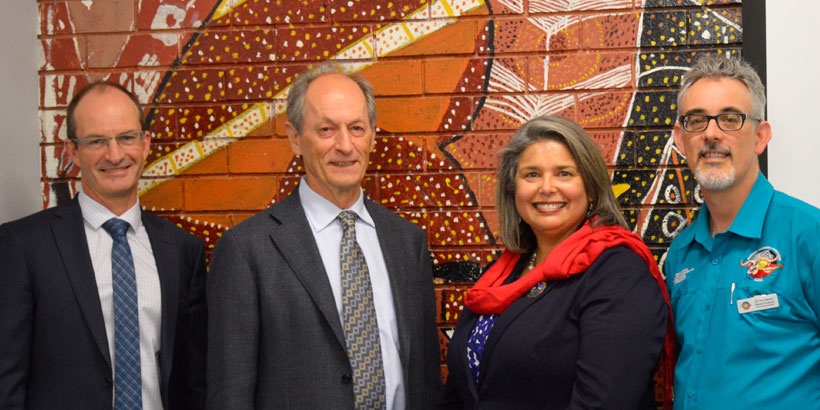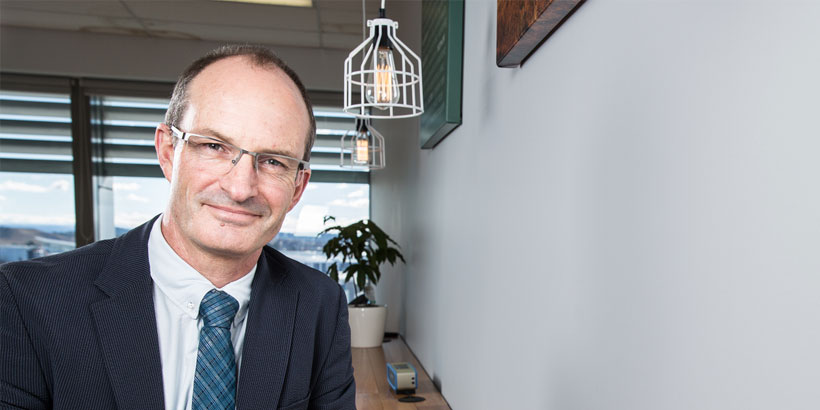AMA (NSW) President: Jillian Skinner’s legacy is infrastructure promises kept and clinician engagement
January 27, 2017
From the CEO January / February 2017
January 30, 2017PRESIDENT’S WORD
Tharawal Aboriginal Corporation exemplifies the necessity for Aboriginal people to shape the services for their community to deliver better health outcomes.
I had the pleasure of meeting Professor Sir Michael Marmot last September as he visited Australia to deliver the Boyer Lecture, and perform a number of media engagements. Sir Michael is one of the foremost public health academics in the world, renowned for his work on the social determinants of health, amongst many other things.
AMA (NSW) organised for Sir Michael to visit the Tharawal Aboriginal Corporation in Airds, Campbelltown while he was in Sydney. Tharawal is a comprehensive, community-controlled medical service serving the large Indigenous community of Southwestern Sydney. It is, however, much more than a medical service. Tharawal includes a preschool, dental clinic, and multiple programs assisting community groups including new mums, people with mental health issues, drug and alcohol programs, and healthy eating.
Tharawal is staffed by a number of dedicated GPs, and always has multiple training GP registrars. There is also a growing number of visiting specialists who perform clinics there, a number of whom are associated with Western Sydney University. I have had the privilege of running an immunology/allergy outreach clinic at Tharawal for a number of years. The aim is to provide Indigenous patients specialist services in a more accessible and culturally appropriate environment than is able to be provided at the local public hospital.
As we showed Sir Michael around, I was struck at the incredible pride the Tharawal staff displayed. There was great passion about how far the service has come and how integral Tharawal is to the local community. One of my friends, who is a Board member at Tharawal, and often quite a shy person, became very vocal talking about a range of challenges faced by our Indigenous community, and the absolute necessity for Aboriginal people to be trusted and supported to shape the services and use the resources available to deliver better outcomes for their people.
I am personally very proud of Western Sydney University’s School of Medicine, which has insisted upon, and facilitated a dedicated five-week full-time clinical attachment in an Aboriginal Community-controlled Health Organisation for every senior medical student since the MBBS course commenced. This is underpinned by the philosophy that all practising medical practitioners in Australia should have at least a degree of competence and skill in Aboriginal health. I felt reassured during the Tharawal visit as two of our medical graduates from Western Sydney spoke to me as GP registrars, having replaced two previous GP registrars who were also Western Sydney graduates. Proof, I think, that producing medical graduates from Western Sydney is starting to make a real impact on the health of our community.
Thanks to the staff and patients at Tharawal for their time, and to Professor Sir Michael Marmot for his interest and dedication to public health.

